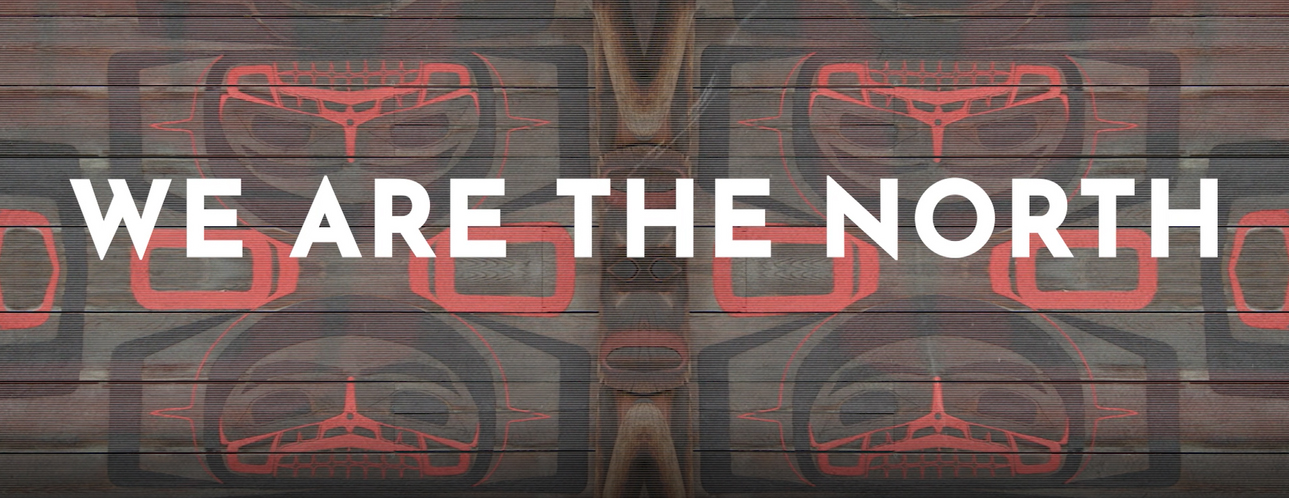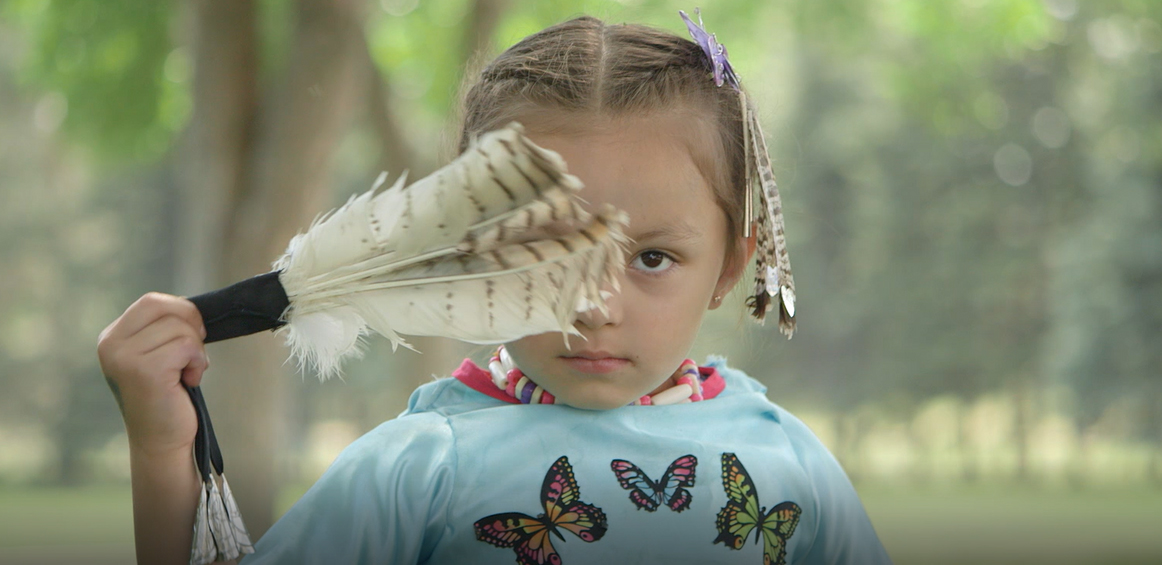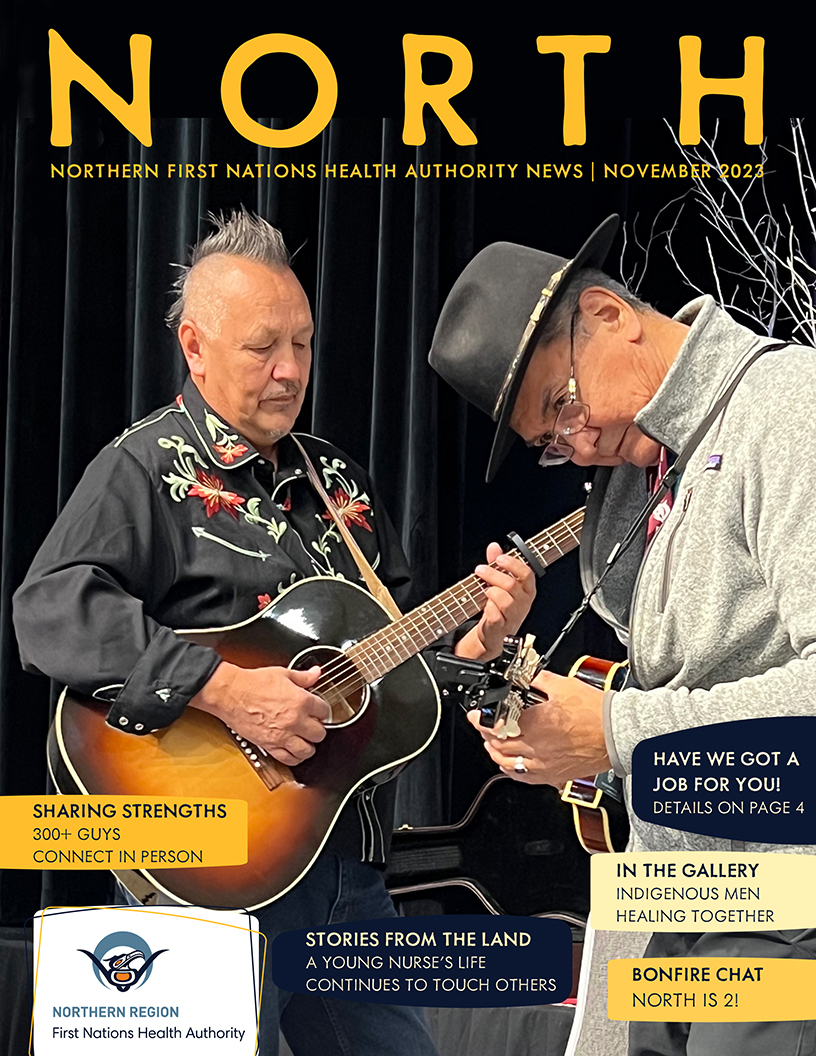Who We Are
Welcome to the largest of the FNHA's five regions: the North! It's even bigger than France in size.
Click the image below to find a video that showcases the land we love and learn about how the 62 communities in the northern region inform our health care delivery through our governance structure.

Click on image to view video (6 min.)
The Northern Region is divided into three sub-regions: North Central, Northeast and Northwest.
What We Do

Our team works hard on behalf of all First Nations in our region. Here are our departments:
- Operations
- Information Management and Information Technology
- Communications
- Regional Funding, Projects
- Cultural Safety and Humility
- Planning Research and Evaluation
- Aboriginal Head Start on Reserve
- Mental Wellness and Substance Use
- Health Emergency and Crisis Management
- Environmental Public Health Services
- Engagement and Governance
- Primary Care
- Nursing and Nutrition
Get to Know Us

Read about the latest news happening in the region:
Northern Newsletter and Magazine
Below you will find an archive of the FNHA's eZine, NORTH. Browse through the issues below. We hope you enjoy seeing life in our northern region!

Read it online
here!

